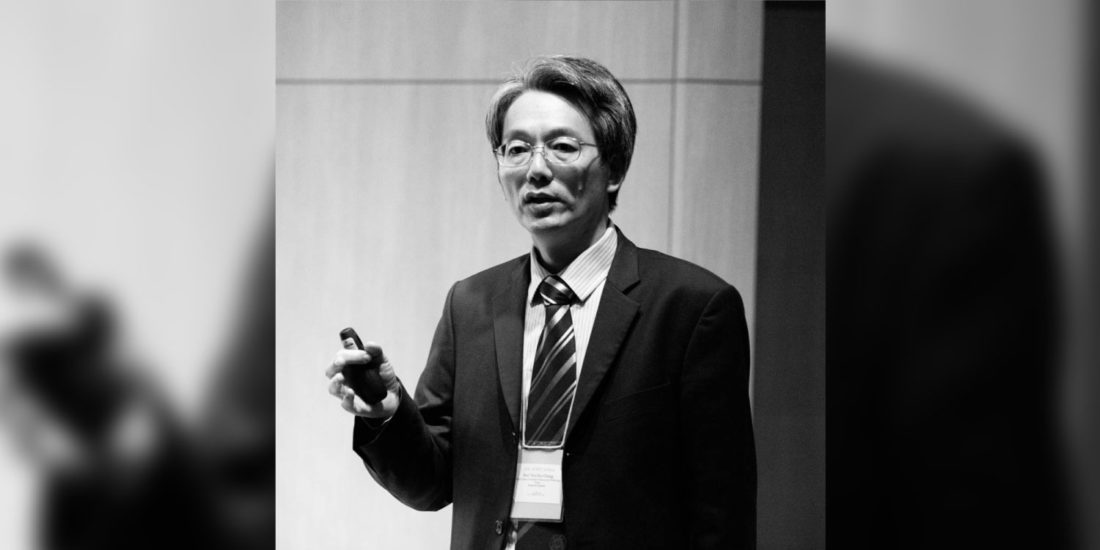Dr Tien-Hui Chiang
ACEID2017 Featured Speaker
South Taiwan University of Science and Technology, Taiwan
As a Featured Speaker at The Asian Conference on Education & International Development 2017 (ACEID2017), Dr Tien-Hui Chiang of South Taiwan University of Science and Technology, Taiwan, will examine public managerialism and how it affects the running of higher education institutes. He will discuss how the institutionalised reward system was able to generate neo-academicism that bridged the gap between the outcome-led evaluation system and the psychical expectation of academic-oriented researchers, and how public managerialism was not simply retained in the form of social discourse but generated substantial and positive effects. His full abstract is available to read below.
Dr Tien-Hui Chiang was a Fulbright Senior Scholar, visiting UW-Madison, Wisconsin, USA, a guest professor at Beijing Normal University and the ex-president of the Taiwan Association for Sociology of Education. He has been the senior executive committeeman for many prestigious academic societies, such as the Taiwan Association for Sociology of Education and the Chinese Comparative Education — Taipei. His specialties cover sociology of education, globalization and education policy, sociology of curriculum, teaching profession and comparative education. He has produced over 100 essays. He was the co-editor of Crisis in Education and a contributor to Elite, Privileges and Excellence. His outstanding achievement has made him an internationally well-known scholar, as evident from overseas keynote speeches given in China, Japan, Singapore, India, America, Slovenia, Greece and South Africa. This distinguished achievement also earned him many glorious prizes, such as the Distinguished Scholar of the Ministry of Education, Taiwan, in 2011 and 2015. Currently, Professor Chiang is developing the theory of the flow of contextualized/non-contracted social selection embedded within the institutionalized reward system.
Featured Symposium: How Public Managerialism Generates Neo-academicism in a Performativity Milieu
As neo-liberalism has become a world-prevailing value that functions as a new discourse, coming to reformulate people’s souls and, in turn, viewing its assumptions as the only option to improve efficiency and ensure service quality, public managerialism acquires a legitimate status in running higher education institutes. Its entrepreneurialism, which focuses on efficiency and outcomes, is able to cure the institutionalized weakness caused by the monopoly of the public sector. Inevitably, the reconstruction of organizational arrangement and culture will bestow more authority on the university administrator so that university teachers are confined within a context in which they need to comply with the bureaucratic milieu that addresses performances well defined in regulations. However, this new tyrannicalism coats in a democratic form generated by the strategy of devolution. In order to examine this criticism, this study conducted interviews in America, Japan and South Africa. The findings show that such criticism adopted structuralism and its predetermined assumption neglected how the outcome-led evaluation system provided academic-oriented researchers psychical rewards such as excellence, honour and pride. This institutionalized reward system was able to generate neo-academicism that bridged the gap between the outcome-led evaluation system and the psychical expectation of academic-oriented researchers. Therefore, public managerialism was not simply retained in the form of social discourse but generated substantial and positive effects. Instead of social discourse, neo-academicism became the core element in sustaining the legitimate status of public managerialism.

